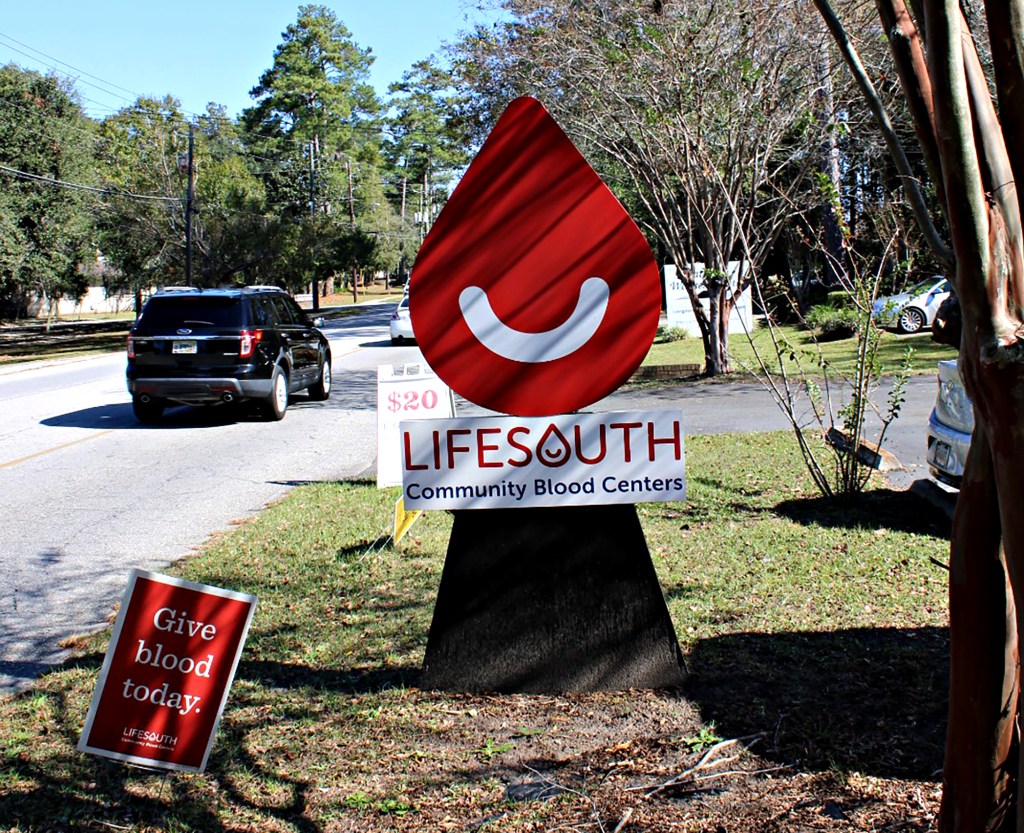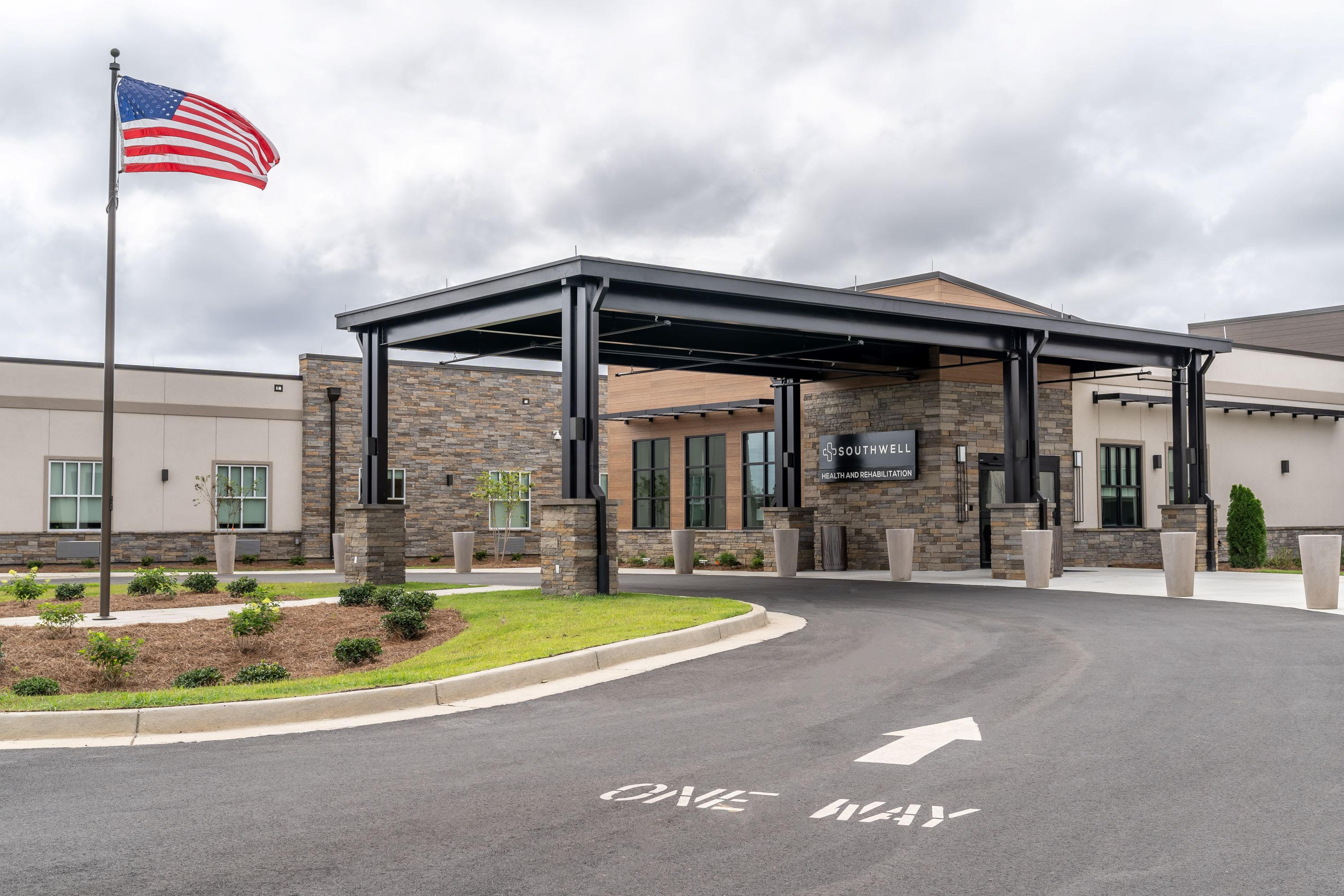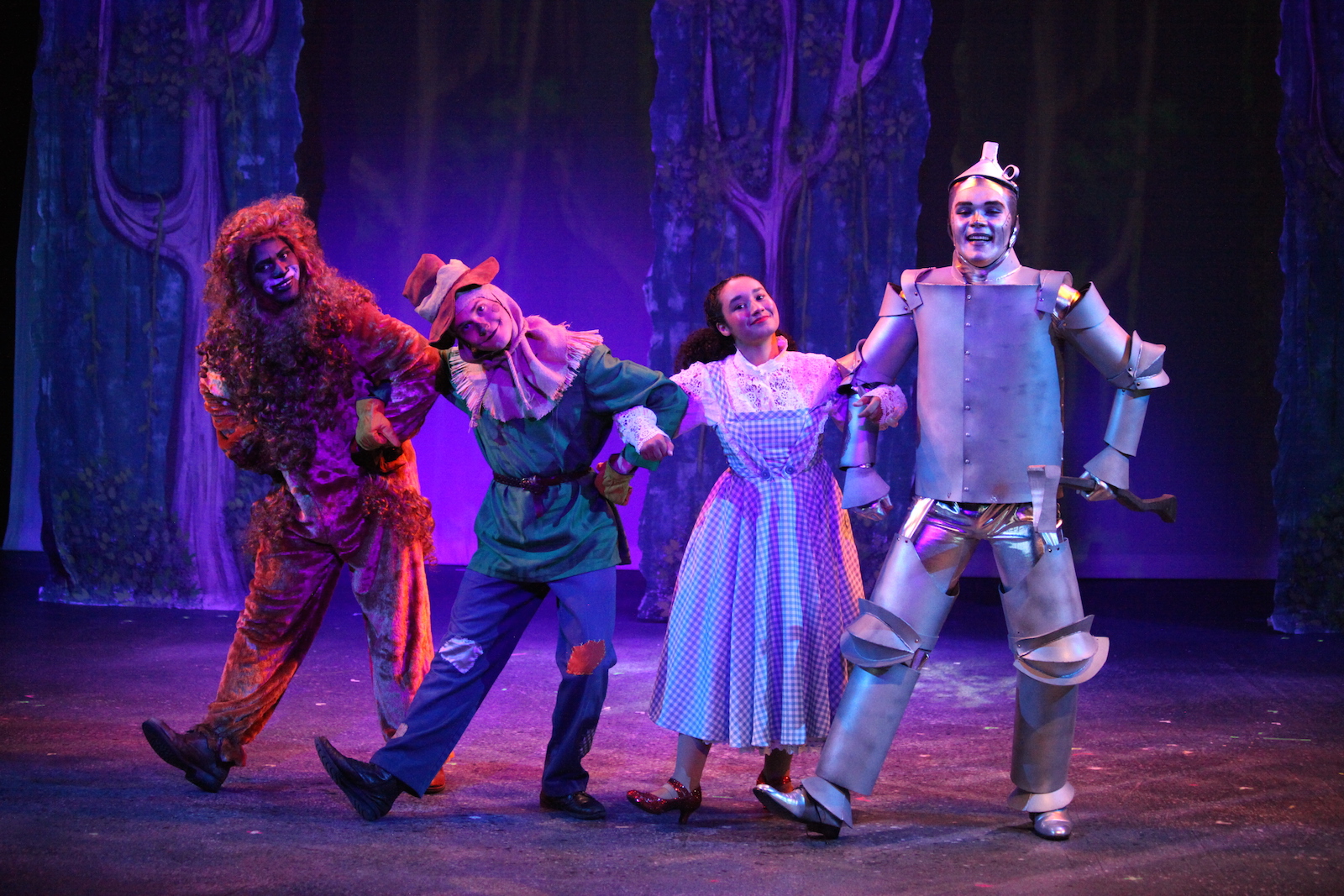PROG2: LifeSouth provides blood for South Georgia
Published 10:00 am Friday, March 31, 2023

- LifeSouth, a nonprofit organization, is the sole source of blood for South Georgia Medical Center.
VALDOSTA — Julian Vickers settled back in a recliner, a TV remote in one hand. A small television on a mounting arm was in front of the chair; jumping channels, he caught the last few minutes of “The Terminator.”
“My wife got me into doing this regularly,” the Berrien County resident said late last year. “It helps with the iron. We have a private well and the iron levels are higher. When we go away for a few days then come home and drink the water, you can tell the difference.”
What Vickers was doing that helps his iron levels also helps others. He was donating blood at LifeSouth’s facility at 301 Woodrow Wilson Drive.
LifeSouth originated in 1974 in Gainesville, Fla., said Laura Bialek, a spokeswoman with the nonprofit organization.
She said the spark behind the group’s creation was when Shands Hospital, operated in Gainesville by the University of Florida, asked local civic groups to form a locally oriented blood donation center. The city had no local blood organization before then, she said.
“The only group that agreed to help was the local Civitan chapter,” Bialek said. “In fact, for years we were known as Civitan Regional Blood Centers.”
Expansion over the decades added 29 more blood centers, including the one in Valdosta, as well as 50 bloodmobile buses for blood drives, she said. LifeSouth provides blood for 125 hospitals, including South Georgia Medical Center.
Close to 1,000 people are employed by LifeSouth, Bialek said.
There are several different types of blood donations. One is for platelets, small blood cells that help the body with blood clotting. Whole red blood cell donations are the most common, Bialek said, and are needed for people in emergency situations. Some people have conditions, such as sickle cell anemia, that require frequent blood transfusions to treat.
Blood comes in several types, many of which are incompatible with each other. Blood groups are divided up by whether or not they have certain antigens, or molecules, as part of the blood cell. Whether or not a certain protein is present decides the “+” or “-” in a blood group’s labeling.
Giving someone a transfusion that doesn’t match their original blood type can have disastrous results, as the body’s immune system mistakes the new blood as a foreign invader and goes on the attack. For instance, someone with blood type A- can only safely donate blood to other A group people, such as A-, A+ or AB- and AB+. For this person’s blood to be tranfused into someone who is naturally B- or B+ would be a serious mistake.
Vickers said he has O+ blood, which means he can donate blood to anyone who has a “+” in their blood type, including A+ and B+.
Bialek said O- blood is in the highest demand at LifeSouth. O-, lacking all antigens and that key protein, can be safely given in a transfusion to anyone regardless of their blood type, making it valuable as “universal blood.”
“For example, if there’s a trauma case, and the hospital doesn’t have time to test for the blood type, they can go ahead and give the patient an O- transfusion,” Bialek said.
On Nov. 10 — the day of her interview for this article — Bialek said LifeSouth had requests from hospitals for 65 units of O-.
in Valdosta, South Georgia Medical Center started using LifeSouth as its source for blood in 2017, citing shorter turnaround time in getting blood products.
“LifeSouth’s distribution center is located in Lake City, Fla., cutting delivery time of urgent blood products to SGMC by 2.5 hours,” the hospital said in a statement. “Its reference lab for antibody workup is in Gainesville, Fla., which is 150 miles closer than SGMC’s previous supplier.”
Bialek said LifeSouth tries to keep blood donations in the local community as much as possible; SGMC has priority on donations in the Valdosta area over other hospitals.
The bloodmobile can be used for blood drives in specific neighborhoods. In October, LifeSouth held its first donation event at Valdosta State University.
“It was great,” Bialek said. “There were more than 60 donors.”
Other LifeSouth blood drive in early November were at the Sunset Farms plant in Valdosta and at the Lanier County Courthouse in Lakeland.
“Every donation can save three lives,” Bialek said.





